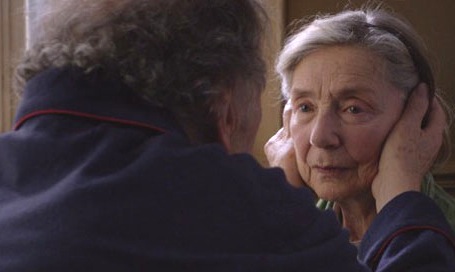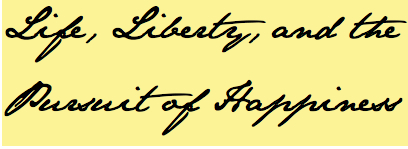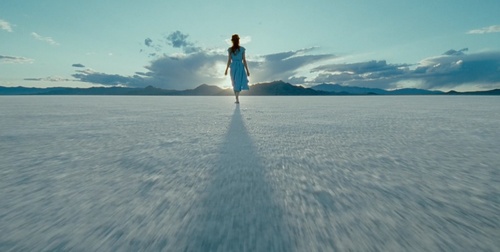The pot and how to use it
First, get the Pot. You need the simplest rice cooker made. It comes with two speeds: Cook, and Warm. Not expensive. Now you’re all set to cook meals for the rest of your life on two square feet of counter space, plus a chopping block. No, I am not putting you on the Rice Diet. Eat what you like. I am thinking of you, student in your dorm room. You, solitary writer, artist, musician, potter, plumber, builder, hermit. You, parents with kids. You, night watchman. You, obsessed computer programmer or weary web-worker. You, lovers who like to cook together but don’t want to put anything in the oven. You, in the witness protection program. You, nutritional wingnut. You, in a wheelchair.
And you, serving in Iraq or Afghanistan. You, person on a small budget who wants healthy food. You, shut-in. You, recovering campaign worker. You, movie critic at Sundance. You, sex worker waiting for the phone to ring. You, factory worker sick of frozen meals. You, people in Werner Herzog’s documentary about life at the South Pole. You, early riser skipping breakfast. You, teenager home alone. You, rabbi, pastor, priest,, nun, waitress, community organizer, monk, nurse, starving actor, taxi driver, long-haul driver. Yes, you, reader of the second-best best-written blog on the internet.
We will begin with a scientific conundrum. You put Minute Rice and the correct amount of water into the Pot, and click to Cook. Minutes later, the Pot clicks over to Warm. Tomorrow night, you put whole grain organic rice and the correct amount of water into the Pot, and click to Cook. An hour later, the Pot clicks over to Warm. Both nights, the rice is perfectly cooked.




